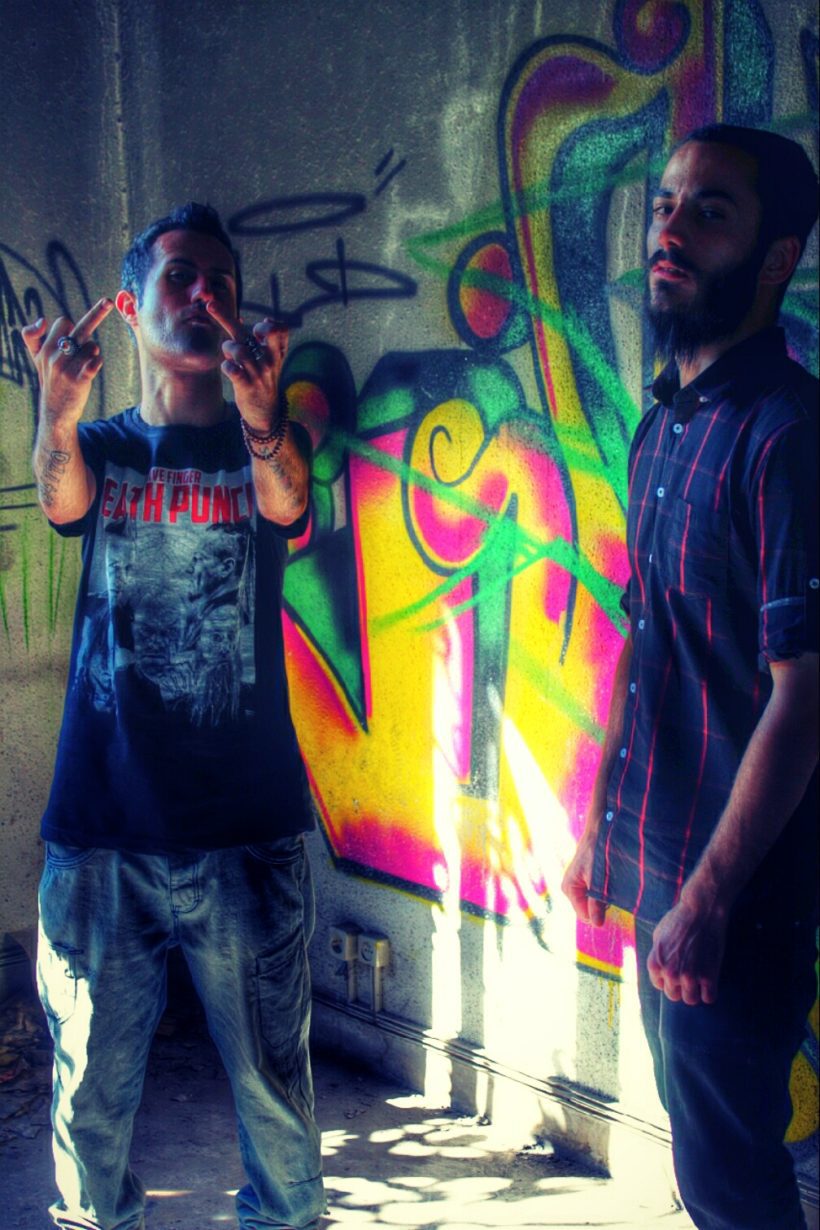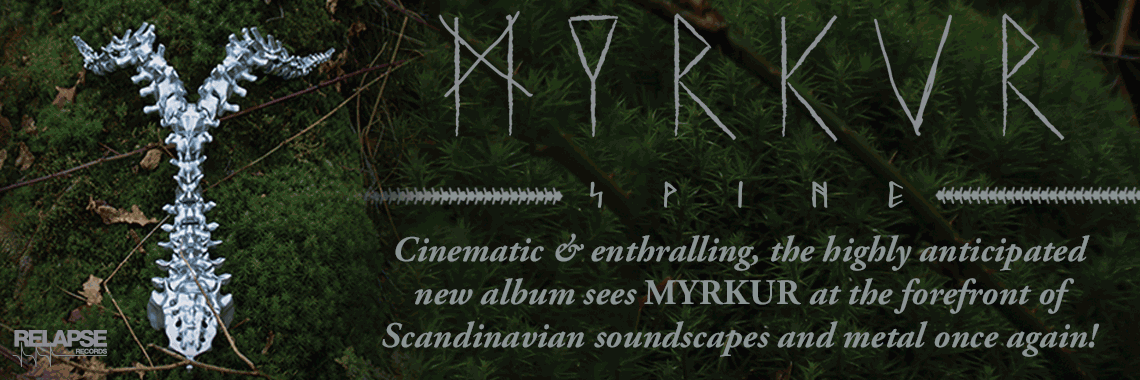
On November 19, 2015, Confess vocalist/guitarist Nikan (Siyanor) Khosravi and DJ/sampler Arash (Chemical) Ilkhani were, according to Khosravi, arrested by Iran’s Islamic Revolutionary Guard Corps (Khosravia showed Decibel extensive documentation on the arrest, but as it was written in Persian, we couldn’t read it). The members of the Iranian thrash band were on death row for “about a year and a half,” says Khosravi, and put in solitary confinement; they also had their bank accounts frozen, and had to pay extensive amounts of bail.
The apparent crimes in question involved, among other things, owning forbidden Hollywood movies and playing music with blasphemous lyrics.
Khosravi says that the judge who gave the sentence was known for giving very long sentences to protestors and political figures. The band members spent two years fighting the charges; Khosravi was apparently kicked out of university during his last semester because of this.
We caught up with Khosravi—who is in now in hiding in Istanbul, Turkey—to get an update over email.
When I ask Khosravi what’s happening with the band and if they’re still facing execution, he says that they are not under the threat of being possibly executed anymore. He says he was “forced to leave my country after fighting for my freedom and a drop of justice for almost two years.”
He claims that they weren’t allowed to have a lawyer in court and that he was being harassed by the Islamic Revolutionary Guard Corps, so he had no choice but to leave (he says that Arash is “totally safe” and has stayed in Iran, and is appealing the court’s decision there).
“I decided to leave the country, but because I was ‘banned from travel outside of Iran’ and my passport has been taken from me by the government, there was no other way to emigrate but illegally and actually cross the border to get out of there, get to Turkey and introduce myself to The UN Refugee Agency in Ankara to get out of the fucking hell which they have designed for me.”
The band has received support from the metal community, with both fans and members of bands standing behind Confess. And Khosravi says he could use some more help.
“If anyone can help with legal matters in emigration,” he says, “please step in and let us know.”
Jasmin Ramsey is the deputy communications director of the Center for Human Rights in Iran (CHRI), an independent, non-partisan, non-profit NGO who focus on promoting and defending rights and freedoms in Iran. She confirms to Decibel that the members of Confess were charged.
“In a country where all media and art is regulated by the government, it’s outrageous but not surprising that members of a heavy metal band would be charged and prosecuted simply for peacefully practising their art,” says Ramsey.
In Iran, people need to get permission from the government’s Ministry of Culture and Islamic Guidance if they want to, say, put out an album. This would not be an easy task for a metal band, according to Ramsey.
“If you want to ever do anything, a public performance or publish a book or have an art gallery, you have to get permission from this ministry,” says Ramsey. “This ministry says its job is to ensure that all the art is in compliance with Islamic laws and doesn’t criticize state policies. Something like heavy metal would 100 percent be illegal in Iran. There would be no chance that they could get permission from the ministry.”
Ramsey says that the fact that metal bands are even in Iran is a “testament to the perseverance of Iranian artists, who have been pushing the envelope on what is and isn’t allowed in all realms of art and culture since the country’s 1979 revolution.”
“No matter how many rules and regulations the Iranian government puts in place, it will never be able to totally stifle freedom of speech and expression,” she says, “as evidenced by the country’s vibrant underground music scene, which includes heavy metal.”
Despite the situation at hand, Ramsey sees a sign of hope in Iranian society in general when it comes to these situations.
“They can’t arrest everyone,” she says. “So every time this happens, there’s a scene about it, they talk about it in the media, and people question why this is happening, these are young kids… every day the envelope gets pushed further. That’s a sign of hope, because if you consider now to 39 years ago, when the revolution happened, it’s a hugely different scene, and so much has changed, and it’s definitely a much more open society.”
Khosravi says that the band has not broken up through this, and that “all this pain was for that next step.”
“I’ve been writing music during the time between [being] released from jail and the first court, until a few weeks before getting out of Iran,” he says. “So, as you can guess, I was full of ideas [and] still am. I have 17 songs completely done. Damn, it can even be a double album.”
He says that he wants to thank all the “beautiful people” that have supported and helped the band out through their struggle; he says that people wanting to do more can contact their embassy and Amnesty International and let them know Khosravi is outside Iran so he can get assistance with speeding up his emigration case (the UN has set January of 2021 for his emigration interview; Decibel contacted Amnesty International for a comment for this story, but a spokesperson said they weren’t following this case and couldn’t comment on it).
For now, Khosravi is working on a book about his ordeals and hopes to find a record label to release the next Confess album; even if he doesn’t, the band will do it themselves and release it by the end of next year.
“I have a highest level of determination,” he says. “And to my fans, who I’m so lucky to have many of them, and my listeners who understand me and are getting many and many more… We can together help us to build something extremely massive and, let me tell you, you can be whatever you want and still grow from there in your own life. I am the living proof of going from tragedy to triumph. This is not a thing that one can walk away from, and I’m saying proudly that I gave blood for my music, and I will keep this train going, even with no passengers.”






